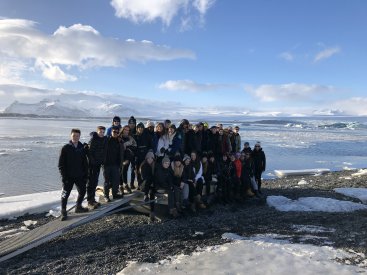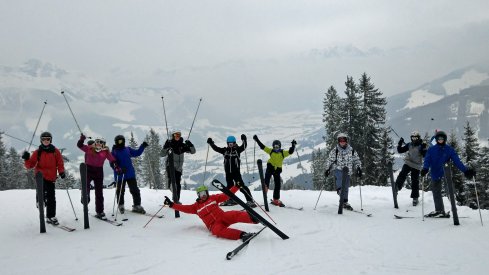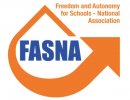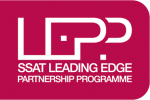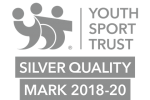Key Stage 4
This Key Stage is delivered across two years (Years 10 and 11). This is an optional subject.
Why take GCSE History at Arden?
When you take GCSE History at Arden you are asking big questions in order to help yourself make sense of the world you live in. The key people and events we study during our course helped to shape the world today. How much do you know about these momentous occurrences? Why did they take place? What changed as a result of these events and are their effects still influencing the world around us today? In this way you will develop and expand your knowledge and understanding of key events, periods and societies in History - locally, nationally and internationally.
History also provides you with skills that help in many other situations both at GCSE and in later life, such as;
- Research skills and how to select evidence
- Problem-solving
- Excellent communication and writing skills
- How to handle & analyse data
- How to organise information to construct an argument
- The ability to assess the reliability of information
- and much more…
|
Paper 1: Thematic study and Historic Environment Medicine in Britain, c1250–present and The British sector of the Western Front, 1914–18: injuries, treatment and the trenches. |
|
|
•Written examination: 1 hour and 15 minutes •30% of the qualification |
|
|
•Medicine in Britain, c1250–1500 (including; the Black Death, Barber Surgeons, Hippocrates and Galen.) |
For each period we study: •Ideas about the cause of disease and illness •Approaches to prevention and treatment •Case studies |
|
•c1500–c1700: The Medical Renaissance in England (including; the spread of ideas, scientific approach, Vesalius and the Great Plague of London.) |
|
|
•c1700–c1900: Medicine in eighteenth- and nineteenth-century Britain (including; Germ Theory, Florence Nightingale, anaesthetics, antiseptics, and fighting Cholera.) |
|
|
•c1900–present: Medicine in modern Britain (including; the impact of technology such as blood tests and scans, the NHS, magic bullets, antibiotics, and the fight against cancer.) |
|
|
Paper 2: Period study and British depth study Early Elizabethan England, 1558–88. |
|
•Written examination: 1 hour and 45 minutes •40% of the qualification (together with the Cold War module – see below) |
|
Key topic 1: Queen, government and religion, 1558–69 |
|
Key topic 2: Challenges to Elizabeth at home and abroad, 1569–88 |
|
Key topic 3: Elizabethan society in the Age of Exploration, 1558–88 |
|
Superpower relations and the Cold War, 1941–91 |
|
Key topic 1: The origins of the Cold War, 1941–58 |
|
Key topic 2: Cold War crises, 1958–70 |
|
Key topic 3: The end of the Cold War, 1970–91 |
|
Paper 3: Modern Depth Study Russia and the Soviet Union, 1917–41 |
|
•Written examination: 1 hour and 20 minutes •30% of the qualification |
|
Key topic 1: The revolutions of 1917 |
|
Key topic 2: The Bolsheviks in power, 1917–24 |
|
Key topic 3: Stalin’s rise to power and dictatorship, 1924–41 |
|
Key topic 4: Economic and social changes, 1924–41 |
What skills will I be assessed on?
|
Assessment Objectives |
||
|
Students must: |
% in GCSE |
|
|
AO1 |
Demonstrate your knowledge and understanding of what we have studied |
35 |
|
AO2 |
Explain and analyse these historical events and periods |
35 |
|
AO3 |
Analyse, evaluate and use sources from the time to make judgements about the events you’ve studied |
15 |
|
AO4 |
Analyse, evaluate and use historians’ works to make judgements about the events you’ve studied. You will also think about why sources might have different opinions about events |
15 |
If you have any questions. please speak to a member of the History Department.


